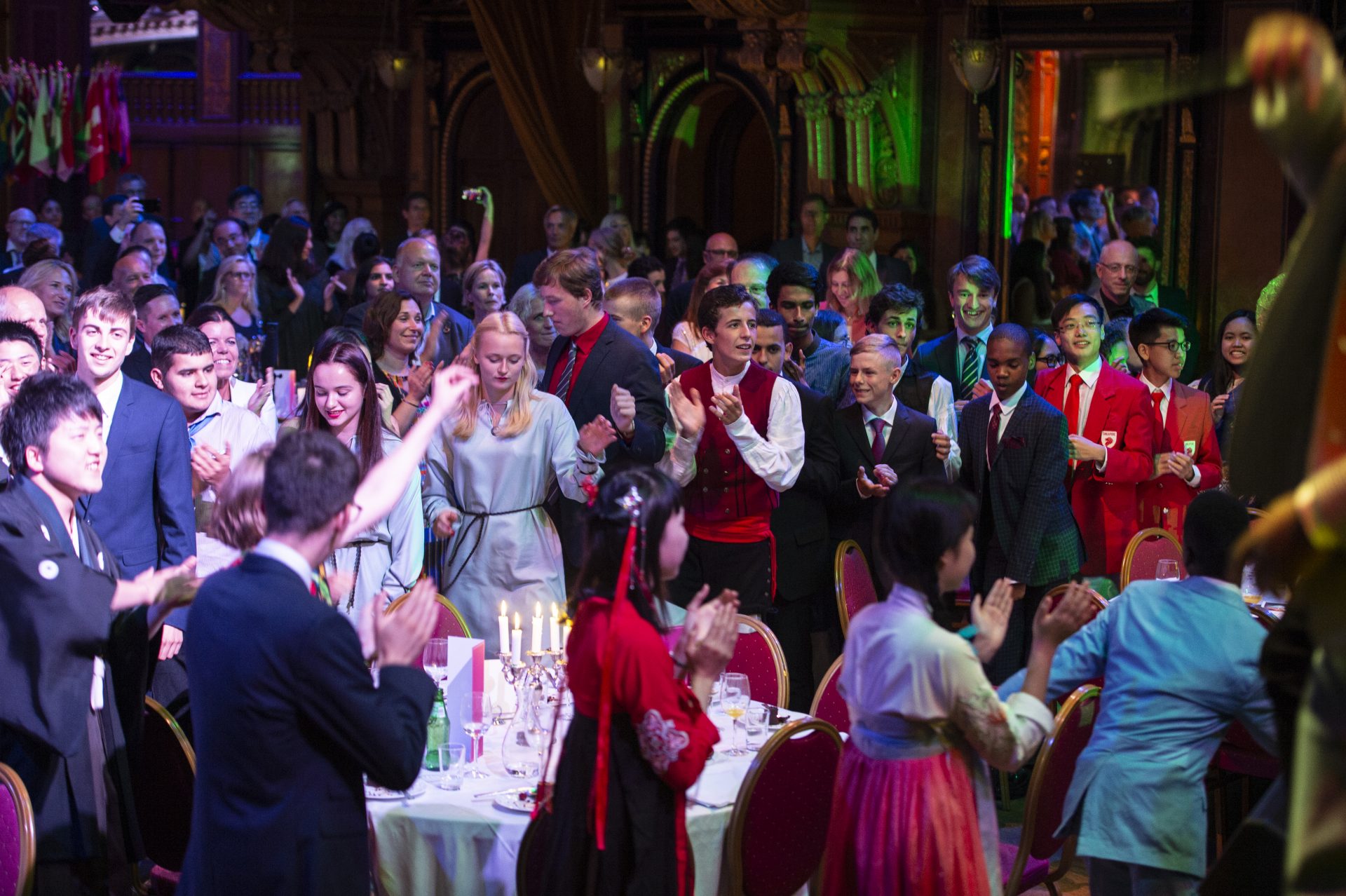Teachers are some of the most important and influential people in any person’s life. They are there during a time when we make our first life-defining choices and for years we may see them more than we see our parents. Inspiring, knowledgeable, and passionate teachers are therefore one of the greatest assets in any community. They deserve to be recognized for that.
Zoyia Konstantopoulou from Cyprus was first introduced to scientific research by her high school teacher Christina Aristodimou. She says that the passion and determination with which Ms Aristodimou presented the field was very inspiring. So inspiring in fact, that Konstantopoulou came to participate in the global youth competition Stockholm Junior Water Prize (SJWP) in 2014, and later pursue a career within the scientific field.
“When Christina introduced the idea that we should participate in the competition, I was immediately onboard. We are both very competitive and I think we made a good match. Her support during the preparations and throughout the competition was wonderful. It meant a lot to me,” says Konstantopoulou who is today studying in the UK.
